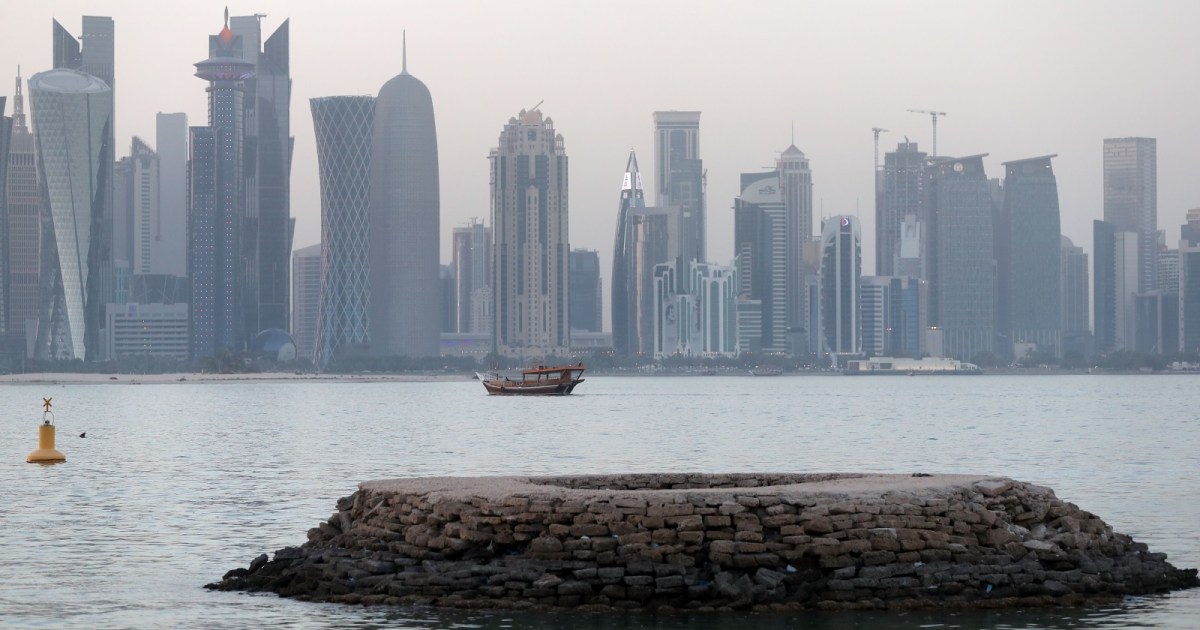The blockade imposed on Qatar has strengthened the Qatari economy on more than one level, which is a positive development for regional integration, as the stronger countries will work to strengthen the region as a whole, according to Dr. Nader Qabbani, director of research at the Brookings Center in Doha.
Qabbani pointed out in an article published on the center's website (brookings) that the Al-Ula agreement, which was signed on January 5 during the 41st summit of the Gulf Cooperation Council and ended the blockade imposed on Qatar for 3 and a half years, led to the resumption of travel and trade between Qatar. And blockading countries.
It is hoped that the subsequent negotiations will lead to a complete normalization of diplomatic and commercial relations between the Gulf parties.
Member state integration
After the blockade was lifted, and Kabbani spoke, the summit statement looked forward to greater integration between the member states of the Gulf Cooperation Council in the military field, foreign policy and the economy, an integration for which the region is now better prepared.
Qabbani asked: How will this be achieved?
How will the siege experience affect integration efforts?
How can the Gulf Cooperation Council become a more effective institution?
He pointed out that the long-term success of integration efforts will require the GCC countries to work together as equal partners, agree on common goals, and strengthen their common institutions.
The director of research in Brookings said that Qatar has become more independent after the blockade, and he believed that the conditions of this blockade contributed to dispensing Qatar’s economy from Saudi Arabia, the Emirates and Bahrain, while the purpose of the blockade was to exert economic pressure on Doha.
Promote self-sufficiency
Qabbani said that Qatar, which used to import many of the goods and services it consumed from its neighbors before the blockade, was forced after its imposition to rapidly develop alternative supply routes, increase domestic production of basic goods and services, and expand the Hamad Sea Port, which began operations in early 2017.
This required significant short-term economic costs for Qatar, but it contributed to enhancing its self-sufficiency, and it gave an impetus to the country's economic diversification efforts.
For example, Qatar has shifted from relying on milk and dairy products imported from Saudi Arabia to a country that is largely self-sufficient.
The companies in Saudi Arabia, the Emirates and Bahrain lost the Qatari market, which although it was not large, it provided high profits.
"For the Gulf states to be able to contribute substantially to an integrated regional security framework, they need strong security sectors, armies, alliances and networks of their own to put them on the negotiating table," Qabbani said.
Supporting Gulf integration
Regional integration also requires the countries of the Gulf Cooperation Council to work together and coordinate in the field of foreign policy, according to Kabbani.
In the conclusion of his article, Qabbani urged the Gulf states to strengthen the role of multilateral institutions that support regional integration and coordination, especially the Gulf Cooperation Council.
He said that the member states should grant the General Secretariat of the Gulf Council more powers to follow up coordination efforts in the field of economy and foreign policy, and grant it the authority to play a more formal role in resolving regional conflicts.

